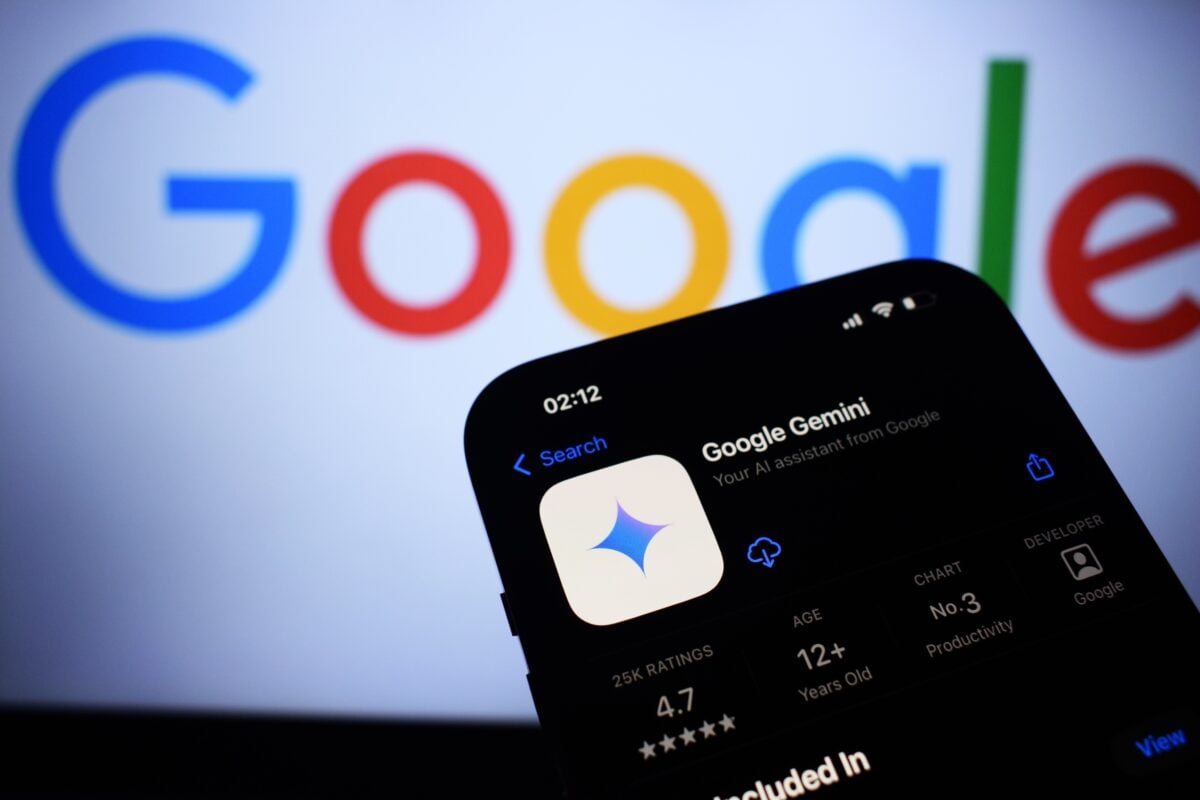TLDRs;
- Google expands Gemini-powered AI Mode to 200+ countries and 35 new languages for a conversational search experience.
- The tool allows natural, complex queries instead of simple keyword searches, powered by Gemini 2.5 models.
- Language expansion includes Arabic, Hindi, Japanese, Spanish, and more, offering culturally nuanced responses.
- Google says AI Mode may become the default search experience as global rollout continues.
Google has officially taken its AI-driven Search experience global, rolling out Gemini-powered AI Mode to more than 200 countries and territories while adding support for over 35 new languages.
This marks the largest expansion of the tool yet, turning Google Search from a simple query engine into a dynamic, conversational assistant that understands natural human intent.
Originally available only in select regions, AI Mode transforms traditional web searches into two-way interactions with Google’s artificial intelligence. Users can now ask complex, open-ended questions and receive comprehensive, context-aware responses directly within Search results. Powered by Google’s Gemini 2.5 multimodal models, this upgrade aims to redefine how people find, understand, and engage with information online.
From Queries to Conversations
At the heart of this rollout lies Google’s ambition to move beyond keyword matching toward contextual reasoning.
Instead of typing “best restaurants in Tokyo,” users can now ask nuanced questions like, “Where can I find the best local street food and hidden sushi bars in Tokyo?” The AI interprets these details and delivers layered, relevant answers without requiring multiple follow-up searches.
Google reports that since introducing AI Mode, users have started typing longer and more specific queries, an indicator that people are adapting to a more human-like interaction model.
“Our goal is to help users explore the web more deeply, using their own words, tone, and style,” said Hema Budaraju, Google’s VP of Product Management for Search.
Speaking 35 More Languages Fluently
The newly supported languages include Arabic, Chinese (Simplified and Traditional), Dutch, French, German, Hindi, Italian, Japanese, Korean, Portuguese, and Spanish, among others.
We’re bringing AI Mode in Google Search to 36 new languages and more than 40 new countries and territories, bringing it to over 200 total, including many across Europe. AI Mode uses the advanced reasoning and multimodal understanding of our custom Gemini model for Search to grasp… pic.twitter.com/rPY0EIfDLp
— Google (@Google) October 7, 2025
This expansion follows September’s update, which introduced five new languages including Hindi, Indonesian, Japanese, Korean, and Brazilian Portuguese, making AI Mode accessible to millions more users worldwide.
This isn’t just a matter of translation. Google says Gemini’s underlying architecture helps the AI understand local culture, idioms, and slang, offering more natural and relevant results. For instance, a user in Mexico searching for “comida típica cerca de mí” (typical local food near me) will receive culturally tailored suggestions that differ from someone searching the same phrase in Spain.
The global rollout is already underway, with most users expected to see the update live within a week. The company also notes that it will continue refining localized responses as it gathers real-world feedback from different regions.
Gemini at the Core of the Experience
Gemini, Google’s flagship AI model, is the engine driving this conversational shift. The multimodal system understands not just text but also images and voice inputs, enhancing how users interact with Search.
In practice, this means users can upload an image or speak a complex query, and Gemini will interpret the context to generate detailed insights.
The new AI experience is part of Google’s broader strategy to integrate agentic capabilities into Search. Earlier this year, the company began testing features that allow AI Mode to make restaurant reservations and manage local appointments, a hint of what future “do-it-for-me” search experiences may look like. These agentic tools are currently limited to Google AI Ultra subscribers in the U.S., but broader availability is expected in future updates.






